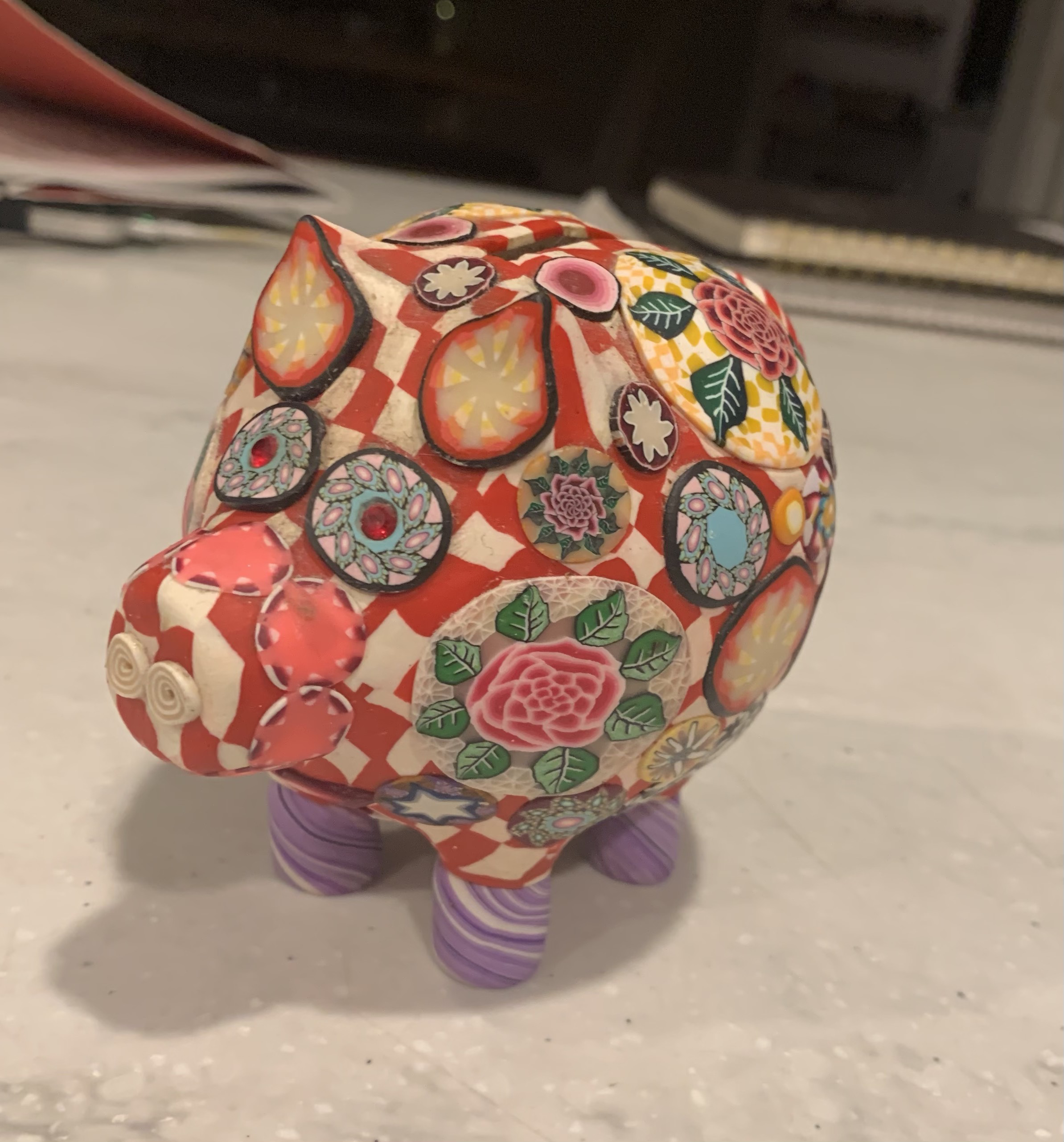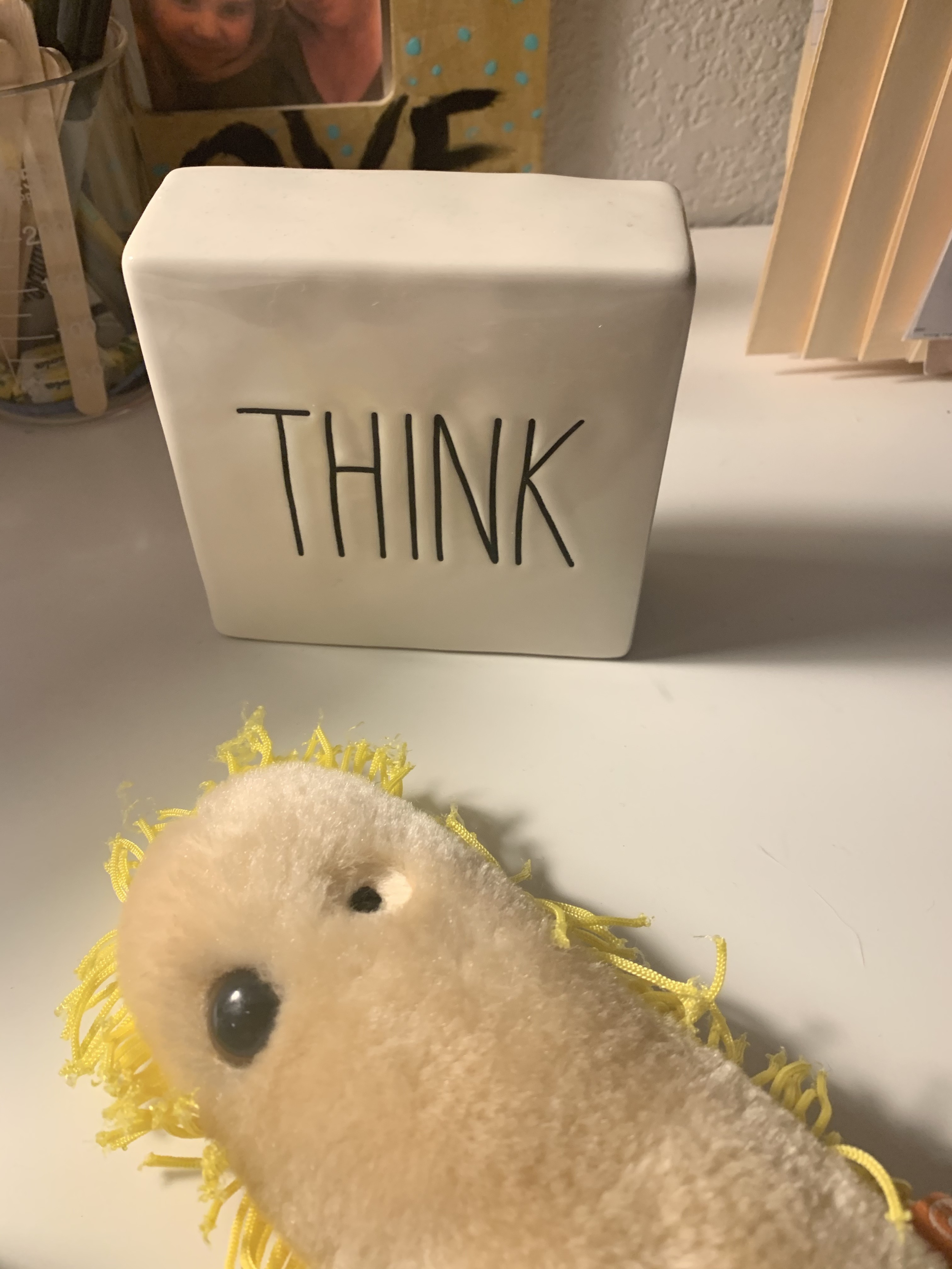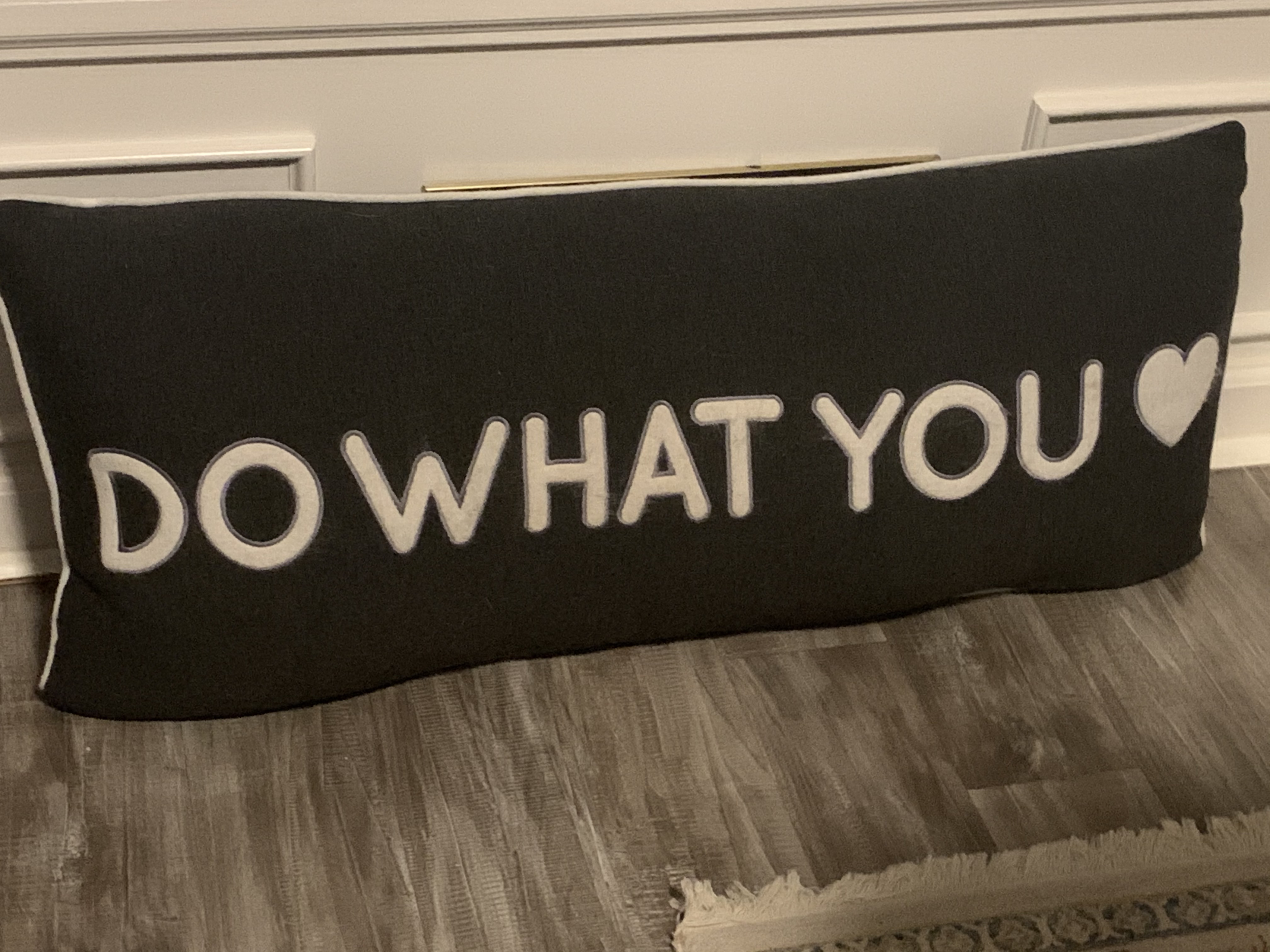Heidi’s First Biology Book
I was THAT kid.
You know, the one who would mug for the camera when anyone yelled ‘cheese!’, who would dance wildly in the living room as a child when dad would play Pink Floyd (true story), and of course, who was the loudest at the party when the Happy Birthday song broke out. Performing was in my DNA (or whatever biological construct you like to give to these things, which we know are a complex combination of events rooted in both nature and nurture…ok…never mind…).
But where I grew up, there weren’t many role models of the performing arts type, and my family being very heavy in the medical and academic sciences, that was my definition of ‘career’. Music, on the other hand, was more on the ‘hobby’ side of things. But the struggle never really resolved itself…and thus, science and music were inextricably linked in my professional being from that day forward (and a topic for my therapist’s couch for years).
I was fortunate to spend seven years in an elite research lab at Rockefeller University studying telomeres with Dr. Titia deLange. That adventure resulted in two high-level publications, including a landmark paper in the journal Cell (which also happened to appear on the New York Times front page). Coincidentally, that same year I also won the New York District Metropolitan Opera National Council Auditions (however, I tanked in the finals—don’t ask) so for a singing-scientist, life was good.
But in 2007 I suffered a career-ending cranial nerve injury and was forced to utilize my research background towards self-rehabilitation.
I lost my face. My expression. My identity. My ability to speak clearly. So I resurrected neuroscience textbooks from graduate school. I read every single paper I could find on the neuroscience of emotions (for my daughter who thought I looked ‘angry’) and on the motor learning of articulators, and went down the rabbit whole of the brain-music-vocalization literature. I was determined to retrain and perform again.
Little did I know this detour would give me so much new insight into singing: I saw the process in a whole new light.
I realized how the vocal pedagogy field had to evolve to embrace the brain, not just the instrument.
I learned that there are many things we need to see with a different lens…
So here I am: in addition to defying prediction and performing again, I am fully committing myself to educating the next generation of singers and teachers on the wonders of the brain, evolution, anthropology, play, fun, seeking, positivity, and embracing new ideas about one of our oldest art forms: song.






